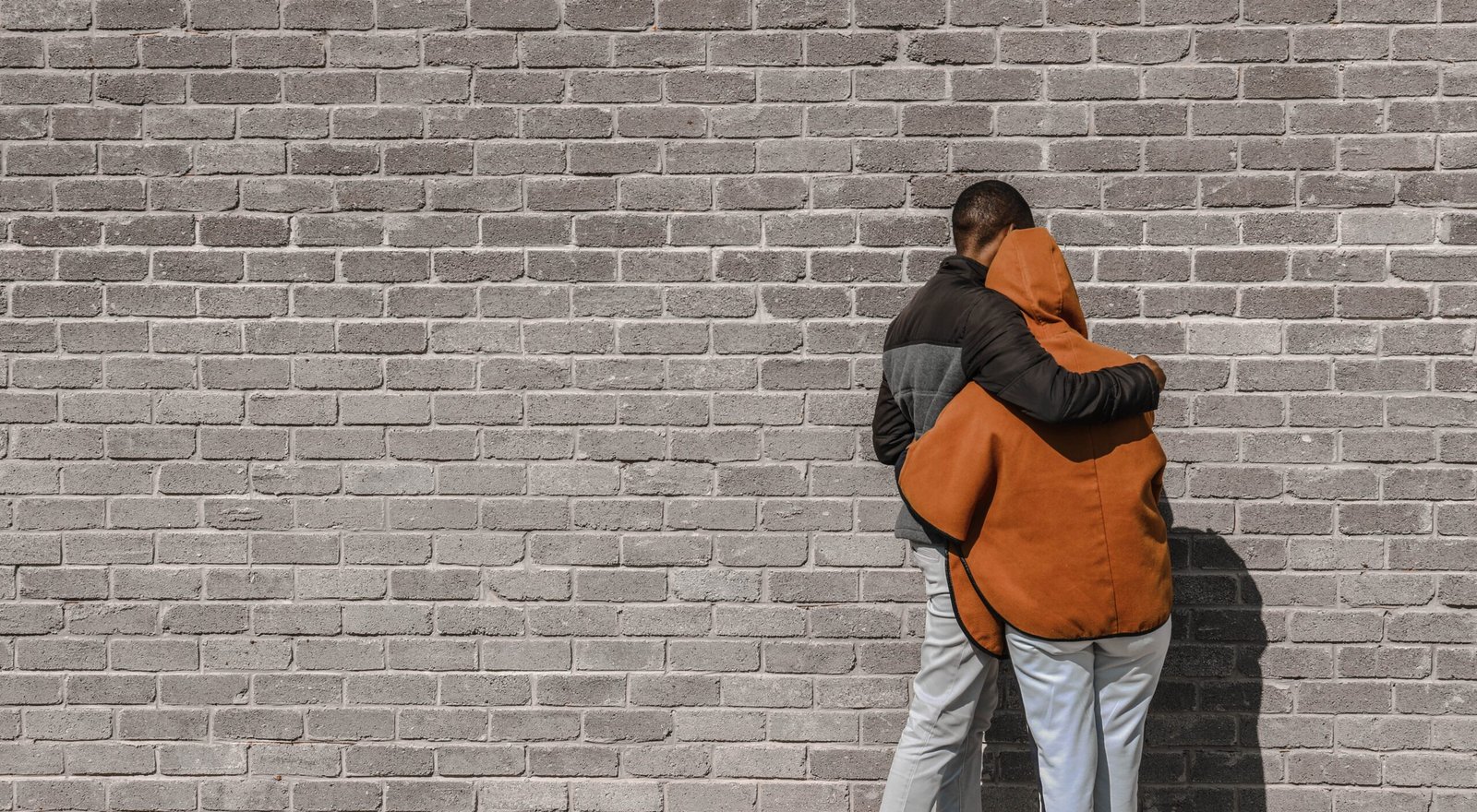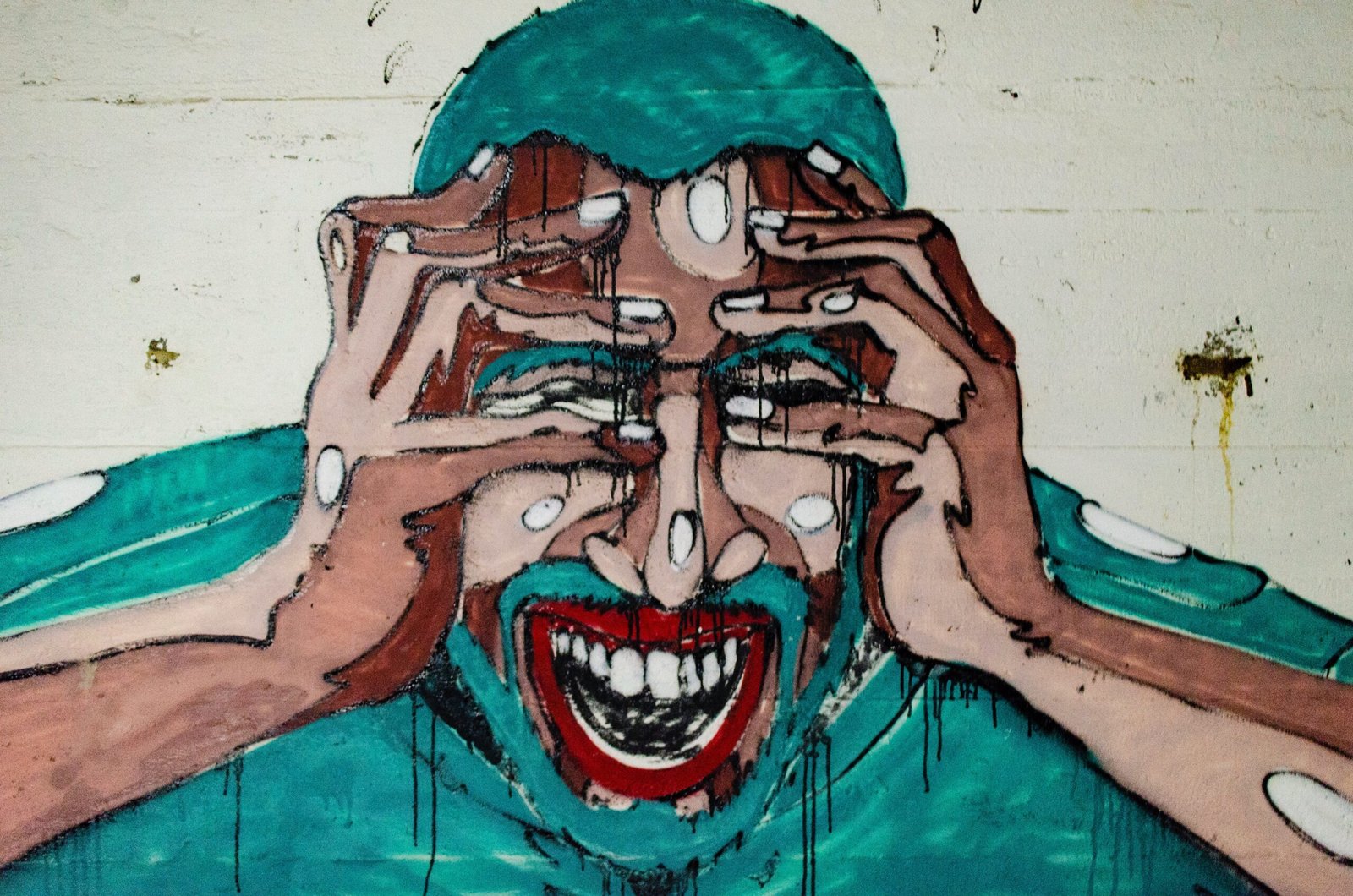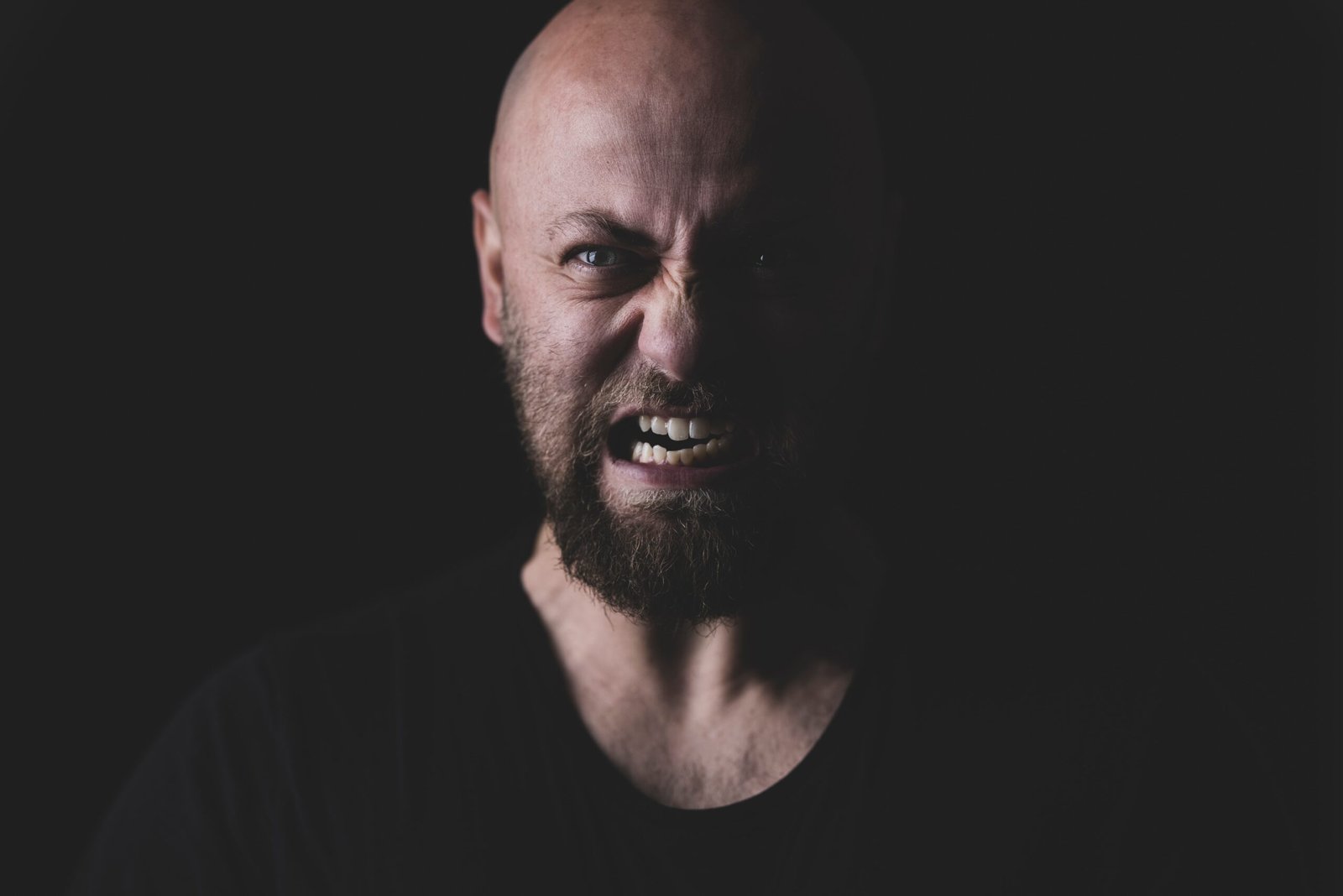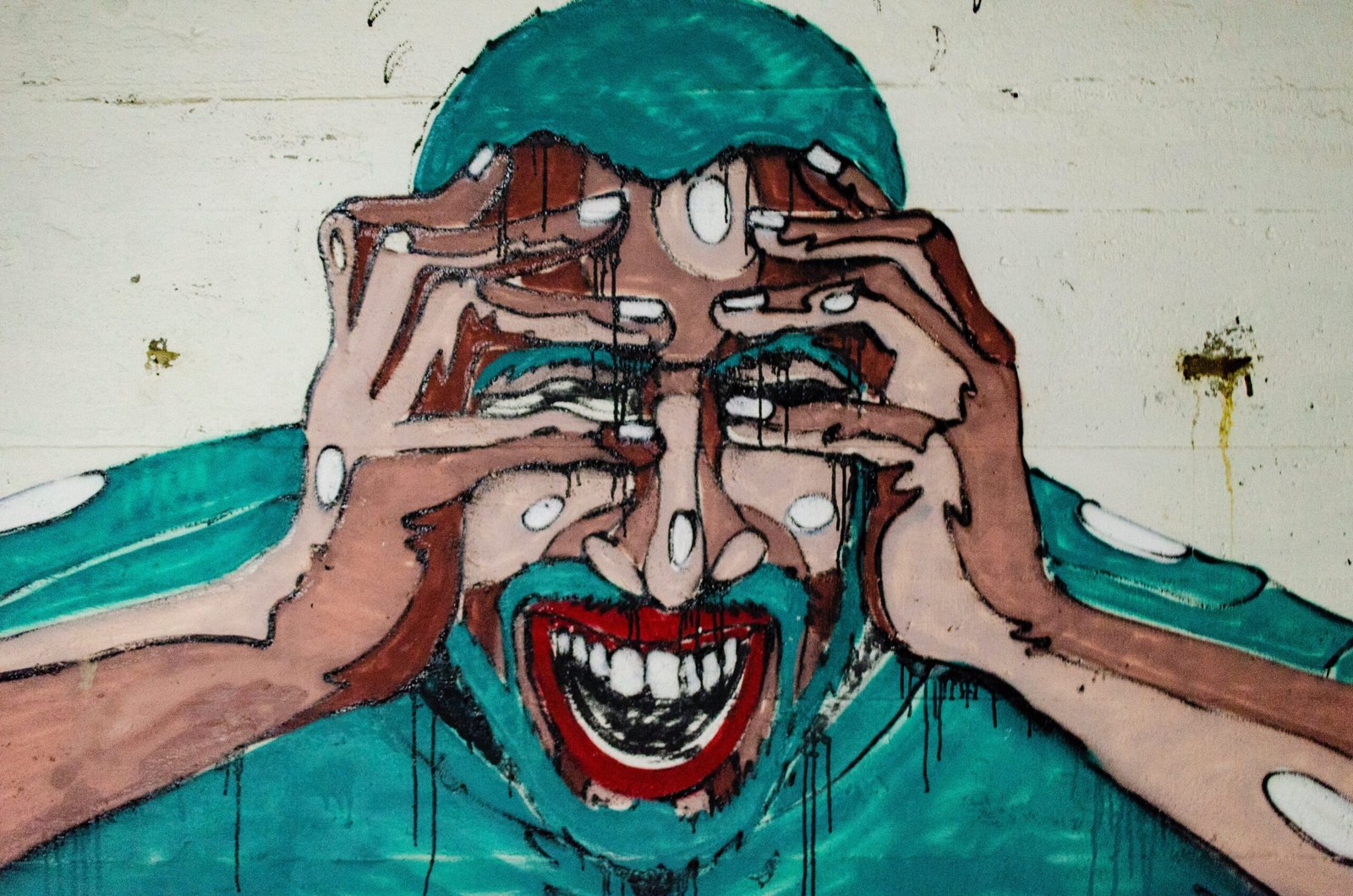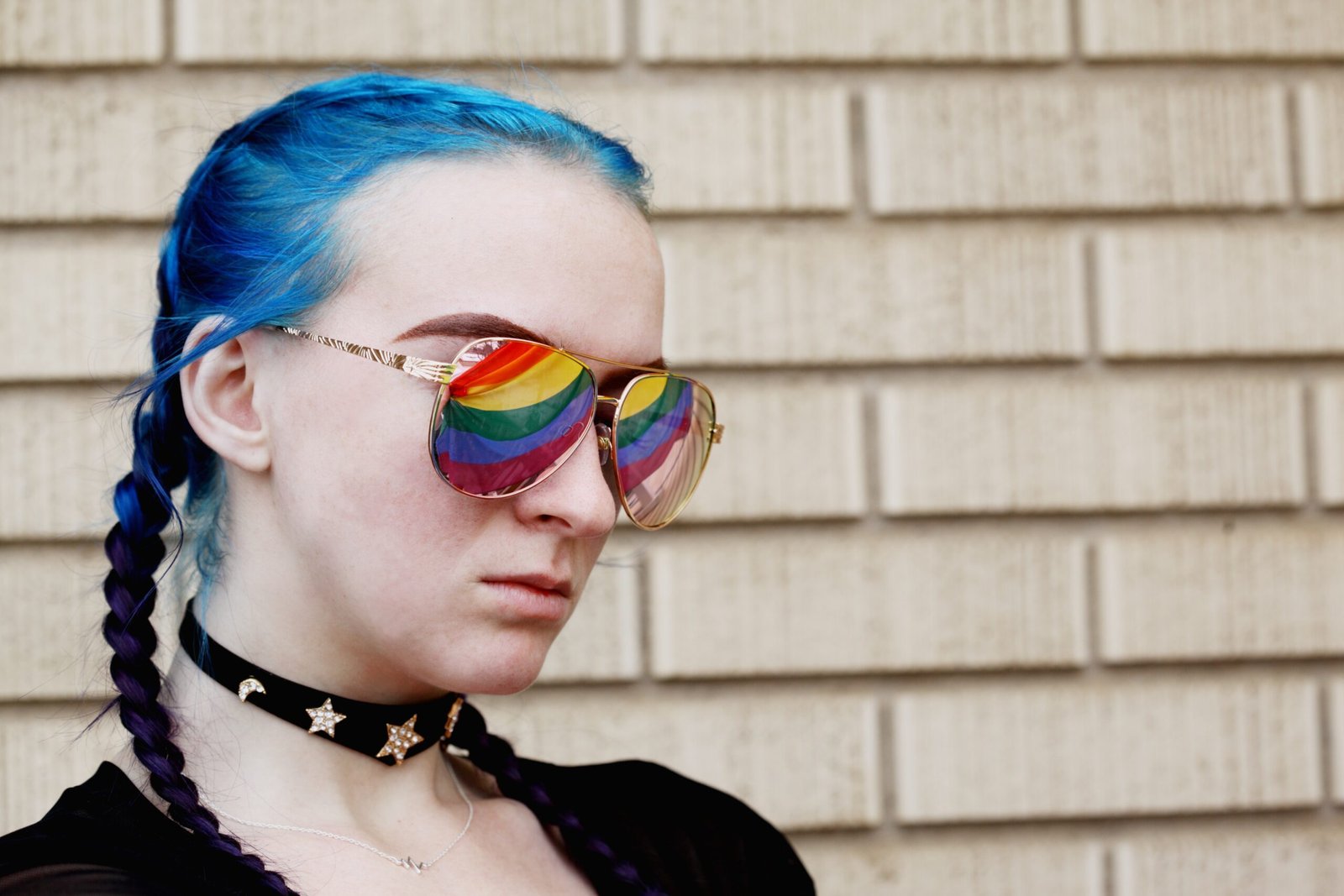Learning to Forgive Yourself and Others: Top 10 Ways to Find Healing and Peace
Introduction:
Forgiveness is a powerful act that can bring healing and peace to our lives. Whether it’s forgiving ourselves or others, letting go of resentment and anger can free us from the burdens of the past. In this blog post, we will explore the top 10 ways to learn the art of forgiveness and discover the transformative effects it can have on our well-being.
1. Reflect on the Impact of Holding Grudges:
Holding grudges can take a toll on our mental and emotional health. Research shows that forgiveness can reduce stress levels, improve relationships, and enhance overall well-being. Take a moment to reflect on the negative impact holding onto anger and resentment has had on your life.
2. Practice Empathy and Understanding:
Put yourself in the shoes of the person who has hurt you. Try to understand their perspective and the circumstances that may have led to their actions. This doesn’t mean excusing their behavior, but it can help you develop empathy and compassion, making forgiveness easier.
3. Seek Support from Loved Ones:
Reach out to trusted friends or family members who can provide a listening ear and offer guidance. Sharing your feelings with someone you trust can help you gain perspective and find solace in knowing you’re not alone.
4. Embrace Self-Compassion:
Forgiving yourself is just as important as forgiving others. We all make mistakes, and it’s essential to treat ourselves with kindness and understanding. Practice self-compassion by acknowledging your flaws and accepting that you are human.
5. Let Go of Resentment:
Resentment is like carrying a heavy burden that weighs us down. Letting go of resentment doesn’t mean forgetting or condoning the actions that hurt us. It means releasing the negative emotions attached to those experiences, allowing us to move forward.
6. Practice Mindfulness and Meditation:
Mindfulness and meditation can help cultivate a sense of inner peace and clarity. By focusing on the present moment and observing our thoughts and emotions without judgment, we can develop a greater capacity for forgiveness.
7. Write a Letter (But Don’t Send It):
Expressing your emotions through writing can be therapeutic. Write a letter to the person you need to forgive or to yourself, pouring out your feelings and thoughts. While you don’t have to send it, the act of writing can help you process your emotions and find closure.
8. Practice Self-Reflection:
Take time to reflect on your own actions and the role you may have played in the situation. Acknowledge any mistakes you made and consider what you can learn from them. Self-reflection can lead to personal growth and a deeper understanding of forgiveness.
9. Seek Professional Help if Needed:
If you’re finding it challenging to forgive or if past traumas are affecting your well-being, consider seeking the help of a therapist or counselor. They can provide you with the tools and support you need to navigate the forgiveness process.
10. Embrace the Power of Letting Go:
Forgiveness is a gift you give yourself. By letting go of grudges and resentments, you create space for healing and personal growth. Embrace the power of forgiveness and allow yourself to experience the freedom and peace it brings.
Conclusion:
Learning to forgive ourselves and others is a journey that requires patience, self-reflection, and compassion. By practicing forgiveness, we can release the pain of the past and create a brighter future. Remember, forgiveness is not about condoning or forgetting, but about finding healing and peace within ourselves.
Call to Action:
Take the first step towards forgiveness today. Start by embracing empathy and understanding. Practice self-compassion and let go of resentment. Share this blog post with others and encourage them to embark on their own forgiveness journey. Together, we can create a world filled with compassion, understanding, and healing.
FAQs:
Q: Is forgiveness a sign of weakness?
A: No, forgiveness is a sign of strength. It takes courage to let go of resentment and choose forgiveness.
Q: Can forgiveness repair broken relationships?
A: Forgiveness can be a catalyst for healing and reconciliation, but it doesn’t guarantee that relationships will be restored. It depends on the willingness and effort of both parties involved.
Q: How long does it take to forgive someone?
A: The forgiveness process is different for everyone, and there is no set timeline. It may take days, months, or even years to fully forgive someone. Be patient with yourself and trust the process.
Tips:
– Practice forgiveness regularly to cultivate a forgiving mindset.
– Surround yourself with positive influences and avoid negativity.
– Take care of your mental and emotional well-being through self-care activities.
– Remember that forgiving doesn’t mean forgetting. Boundaries are essential for self-protection.
– Be open to the possibility of forgiveness, even in the most challenging situations.
Remember, forgiveness is a personal journey, and it’s never too late to start. Embrace the power of forgiveness, and watch as it transforms your life.
